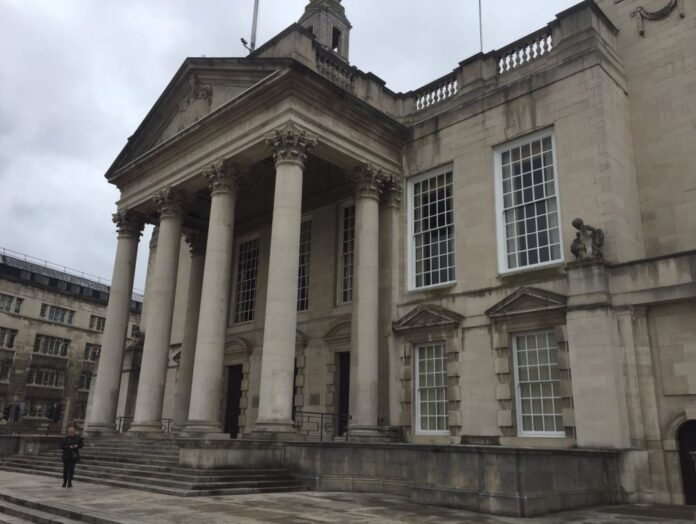Councillors in Leeds will formally discuss an emergency budget for the first time at a meeting next week, writes Richard Beecham.
It follows weeks of warnings that Leeds City Council needed tens of millions of pounds from the Government to plug a funding gap caused by extra costs and losses caused by the Covid-19 pandemic.
A report set to go before the council’s Governance and Audit committee claims that the authority could have to make more than £90m of cuts over the coming months if no extra source of income is found.
What is this meeting about?
Members of the committee will discuss whether the council has the proper procedures in place to put together an emergency budget if needed.
The report states: “The Council will continue to remain a financial going concern and provide value for money services.
“The council’s external auditors are fully supportive of the measures being taken by the council to bring its finances back into balance and comply with statutory duties.”
It is not known exactly when such an emergency budget will be put together, but officers had previously claimed this could be put together around August and September this year.
What is the state of the council’s finances?
A report last month suggested the impact of Covid-19 resulted in a predicted overspend of £197.6m, or £193.5m when taking other savings into account.
So far the council has received £43.7m of government funding to go towards the costs of Covid. £2.6m of this was used to plug Covid-related costs faced back in March, which fell into the 2019/20 financial year.
The remaining £41.1m of the grant will be used to reduce the current year’s overspend to £156.5m.
Of this, the council is expected to see a hit to its collection fund – the amount of money it makes in council tax and business rates – of £60.9m, but the report claims the council ‘assumes’ this would impact next year (2021/22), leaving a funding gap of £95.6m for 2020/21.
How much does the council usually spend?
This varies from year to year but according to the latest budget, which was signed off in February, the authority had set a total revenue budget of £525.7m. The expected financial hit of Covid-19, even after government grants, recent savings and the delayed impact of the collection fund losses, still makes up 18 percent of the budget.
For context, that is the equivalent of the authority’s entire resources and housing budget.
What services are likely to be affected?
The council’s chief executive Tom Riordan hinted in June that culture and events may have to take a hit, as this was one of the few non-compulsory areas of council spending left to be cut.
It was also claimed that around 400 Leeds City Council jobs could be lost, although it was not made clear in which departments these could be.
Why do they need to balance their budget each year?
Unlike other branches of the public sector, such as the NHS, councils are required by law to balance their budgets each year, meaning any unexpected costs faced by local authorities have to be resolved before the end of the tax year.
What has the council said about this?
The authority has repeatedly pleaded with government for extra cash to plug the gap.
Speaking to a virtual press conference in June, council chief executive Tom Riordan said: “The issue now is stabilising council budgets across the country.
“I came into Leeds just after austerity had started in 2010, and was faced with huge reductions in our budget. That is the closest that we have been to this situation, but this is more severe than that, because it’s in-year, it’s a collapse in income and is in an unprecedented situation in terms of the country having to lock down.
“The potential implications are as severe as it gets because we have a statutory duty to balance our budget and to do it on March 31.
“We would have to take very draconian measures.”
What has the Government said?
An MHCLG spokesperson said in June: “We’re giving councils an unprecedented package of support, including £3.2bn emergency funding, to tackle the pressures they have told us they’re facing.
“Leeds City Council has received a total of over £43m of emergency funding to tackle the pressures they have told us they’re facing while their core spending power rose by more than £35m overall this financial year even before the additional funding was announced.
“We will continue to work closely with councils as they support their communities through this national emergency and we are working on a comprehensive plan to ensure councils’ financial sustainability over the coming year.”

